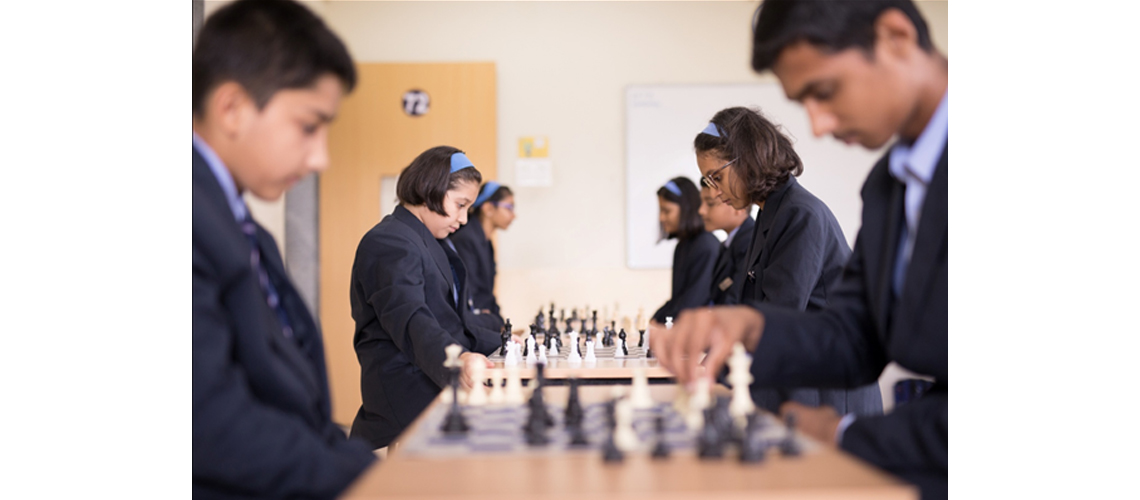Critical thinking is a vital skill for children to develop in their early years. It is the ability to analyse information, evaluate evidence, and make logical conclusions. It is an essential tool for children to use in their everyday lives as it helps them to make better decisions and solve problems more effectively.
Enquiry Form
One of the most important reasons to develop critical thinking in children is that it helps them to become independent and self-sufficient learners. Children who can think critically are better able to understand and process information, which allows them to take control of their own learning. They are able to ask questions, make connections, and draw conclusions, which all lead to a deeper understanding of the world around them.
Another key benefit of developing critical thinking in children is that it helps them to become more resilient and adaptable. Children who can think critically are better able to cope with challenges and setbacks, as they are able to analyse the situation and find a solution. They are also better able to navigate complex situations, as they are able to weigh the pros and cons and make an informed decision.
So, how can we develop critical thinking in children? Here are five tips to help you get started:
1.Encourage children to ask questions:
One of the most important ways to develop critical thinking in children is to encourage them to ask questions. When children ask questions, they are actively seeking information and trying to make sense of the world around them. This helps them to develop their critical thinking skills as they are forced to think about the information they are receiving and analyse it for themselves.
2. Provide opportunities for problem-solving:
Another great way to develop critical thinking in children is to provide opportunities for problem-solving. When children are presented with a problem, they are forced to think critically to find a solution. This helps them to develop their critical thinking skills as they are forced to analyse the problem, weigh the pros and cons, and make a decision.
3. Encourage children to make connections:
Encouraging children to make connections is another great way to develop critical thinking in children. When children make connections between different pieces of information, they are forced to think critically as they are analysing the information and trying to understand how it all fits together.
4. Provide opportunities for independent learning:
Providing opportunities for independent learning is another great way to develop critical thinking in children. When children are given the freedom to explore and learn on their own, they are forced to think critically as they are trying to make sense of the information they are receiving.
5. Model critical thinking:
It is important to model critical thinking for children. Children learn by example, so when they see adults thinking critically, they are more likely to develop this skill themselves. By modelling critical thinking, you are showing children that it is an important skill to have and that it is something that they can develop as well.
In conclusion, critical thinking is a vital skill for children to develop in their early years. It helps them to become independent and self-sufficient learners, more resilient and adaptable.
At Podar Smarter Schools, we provide the curriculum and resources for children to develop optimally in every aspect. Everything will be taken care of by Podar Smarter Schools, from life skills to critical thinking to receiving the best education. PodarSmarterSchools, will provide you, as a parent, trustee, or educator, with excellent support for your child’s, your schools, or your own personal development.

